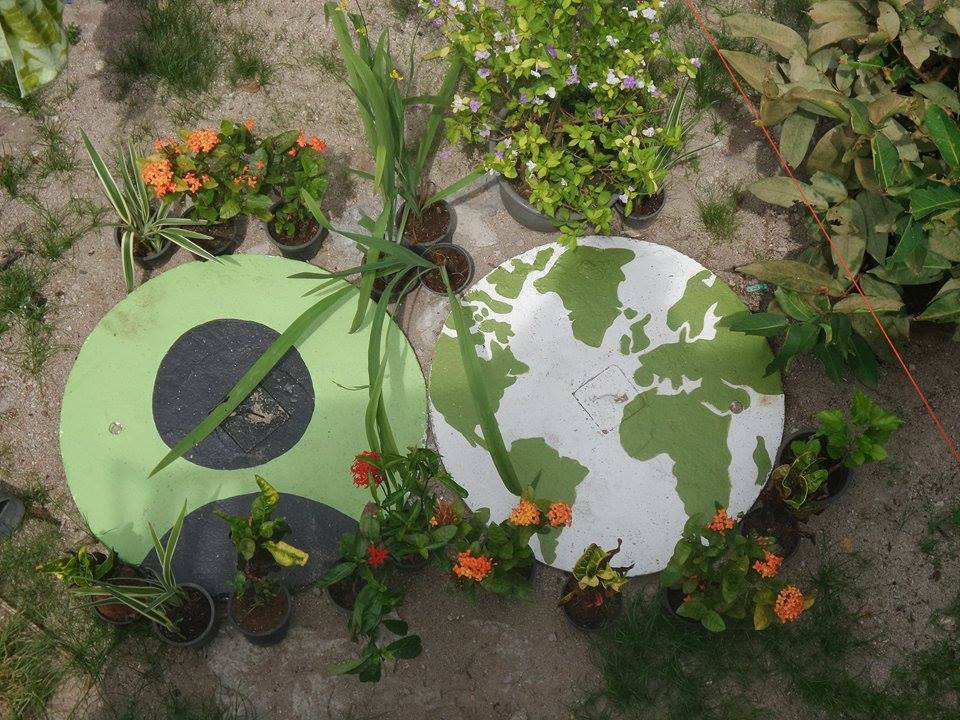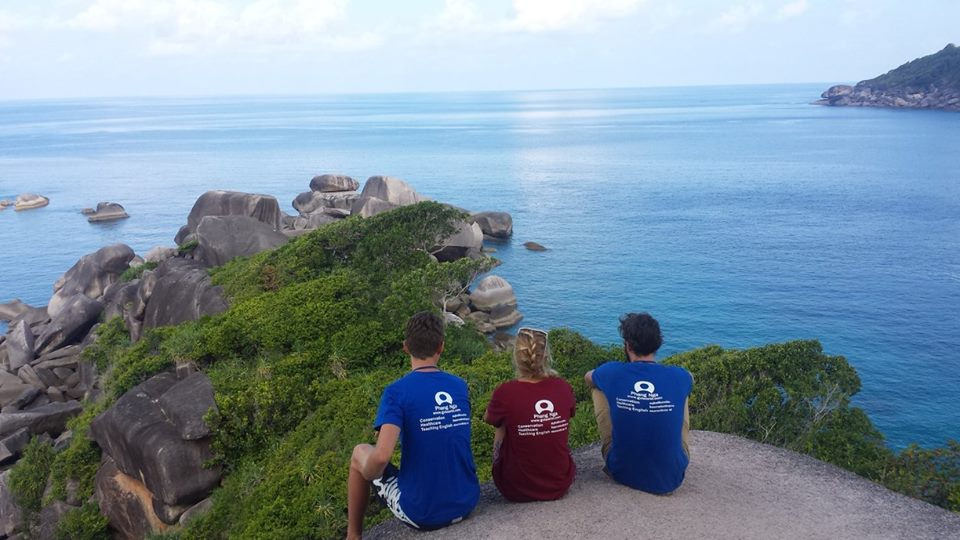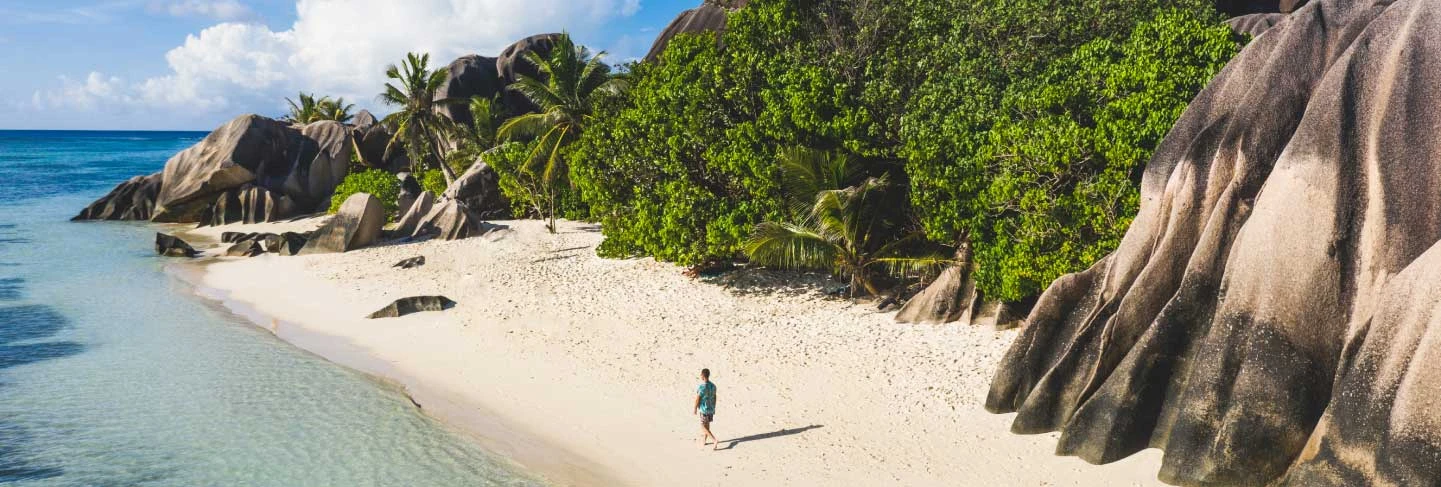6 Tips On How To Be A Responsible Volunteer
Posted: December 28, 2016
Along with the excitement and nervousness of your upcoming volunteer trip abroad, you may also be wondering how you can make the most of your experience, and how also to be the most effective community worker. As volunteers, we strive to do no harm to the communities with which we serve. We want to enhance the lives of people who have been given less privilege or opportunity, in efforts to equalize social, political, or environmental inequalities.
To help us do this, we can take a few precautions during our experiences abroad to ensure we are engaging in responsible development. The following is a list of things we as international volunteers should do during community engagement projects, in order to maximize the positive difference that we make.
Further Reading: 6 Ways To Deepen Your Travel Experiences
1) Prepare yourself for the experience
Before you leave, you want to consider your own cultural perspectives and how that may have given you a unique worldview. Incorporate a period of reflection time before, during, and after your experience, when you ask yourself what you are doing, why, and what it all means. Think about your role is as a volunteer. It is even better if you join an organization that offers service learning courses that incorporate reflection as an integral part of the experience. An organization should also offer you with adequate pre-departure orientation and in-country support, so that your questions or concerns can be fully addressed.
2) Integrate into the local lifestyle
You are a visitor, and the local community is your host. While you may be expecting a fun holiday (which is of course part of the entire experience), you will also have to be mindful and respectful about local standards of living. This means living simply, and basically, and locally during your project work. You are there primarily to build relationships with the people, to immerse in the culture and get to know their lifestyles and culture.
You may also have to exercise patience with your project work because of these dynamics. For example, perhaps materials are late in arriving on your construction project, or maybe your teaching program isn’t progressing as quickly as you’d like. Try to understand that you are in a country with different bureaucratic structures, time management norms, and governments. These things affect the possibility of progress. You may not achieve all you want to, or that you are ready to achieve. That is ok, and is the nature of this field. There is always something left to do!
Further Reading: 10 Tips to Make Language Learning More Fun
3) Find long-term, community-centric projects
Research the organization with which you are volunteering. Make sure the project you are joining is long-term, and focuses on the community. This doesn’t necessarily mean you need to go for long-term. You can be a short-term volunteer on a long-term project. The important thing to know is that the program you go with has a sustainable impact and doesn’t end when the volunteers leave.
Your presence should be a positive addition to an already functioning project that has been going, and will continue to flourish, without you. The community is the center of the trip, and the project. This is critical for sustainable development. Organizations that make the experience revolve around the volunteers are not helping, and are potentially harming the local community.
4) Work with the local community
As a volunteer, you want to have an impact on empowering a local community to thrive. You want to avoid taking over any job sector where a local employee could be hired (which then boosts the local economy). For example, volunteer programs should not be taking over a local sector of skilled labor; this work should be done by locals who are compensated for their work as it would be anywhere else.
In addition, good volunteer projects consult the local community. Projects should be run and directed by in-country personnel. This means that an organization should have partnerships with locally-run organizations that control project specifics. The locals are the experts here, and responsible volunteering means offering resources and listening to the needs of the resident community.
5) Find an organization with proper support services
The organization you choose should have standards for child protection, and should be mindful about the dynamics of engaging the local community abroad. If you’re not sure, or if you want more clarification on this point, ask them about their policies. You are visiting different cultures and seeing sometimes striking, emotional scenes of the disadvantages some communities face. While it is natural to want to document this, share it, you also want to be wary of taking excessive photos of the local people you are working with, especially if you are volunteering with children.
You don’t want to make people feel as though they are on display, and you also don’t want to take their real-life experiences and make them a part of your own. The goal of the project, and of volunteering, is about impacting real people in real communities, and empowering their lives so that they can prosper. A good volunteer organization should provide guidance and mentorship through these kinds of complex topics and experiences.
6) Join an organization with financial/impact reports
This is a big point for responsible volunteering: you want to know where the money goes. How much of the funds are distributed back into the sustainable projects? You want to be sure you are working with a legitimate organization, one that incorporates the needs of the local community, and one that provides a clear breakdown of where the money goes. You also want to be sure that the volunteer organization you are participating with does impact reports, so you can see honest benchmarks to better understand the project’s progress in realistic terms. These evaluations and realistic outcomes will help you see a clear picture of the organization’s involvement with a local community and overall impact.
The act of volunteering is the first step that many of us can take to assume a more active role in making a difference. As international volunteers, we also want to be sure our good intentions translate into responsible community engagement.
Volunteering abroad is a complicated reality, and exists on a spectrum. On one end, you have healthy volunteering with communities and sustainable projects, and on the other end you have what many consider to be an extension of colonialism and cultural domination. If done correctly, and with a trustworthy organization, it can contribute to empowering local communities and lead to a life-changing experience for people of all ages.
Feel ready to start making a difference? Find out more about GVI’s international, award-winning volunteering programs and internships, and choose from community development, animal care, teaching, women’s empowerment, and conservation projects worldwide.






